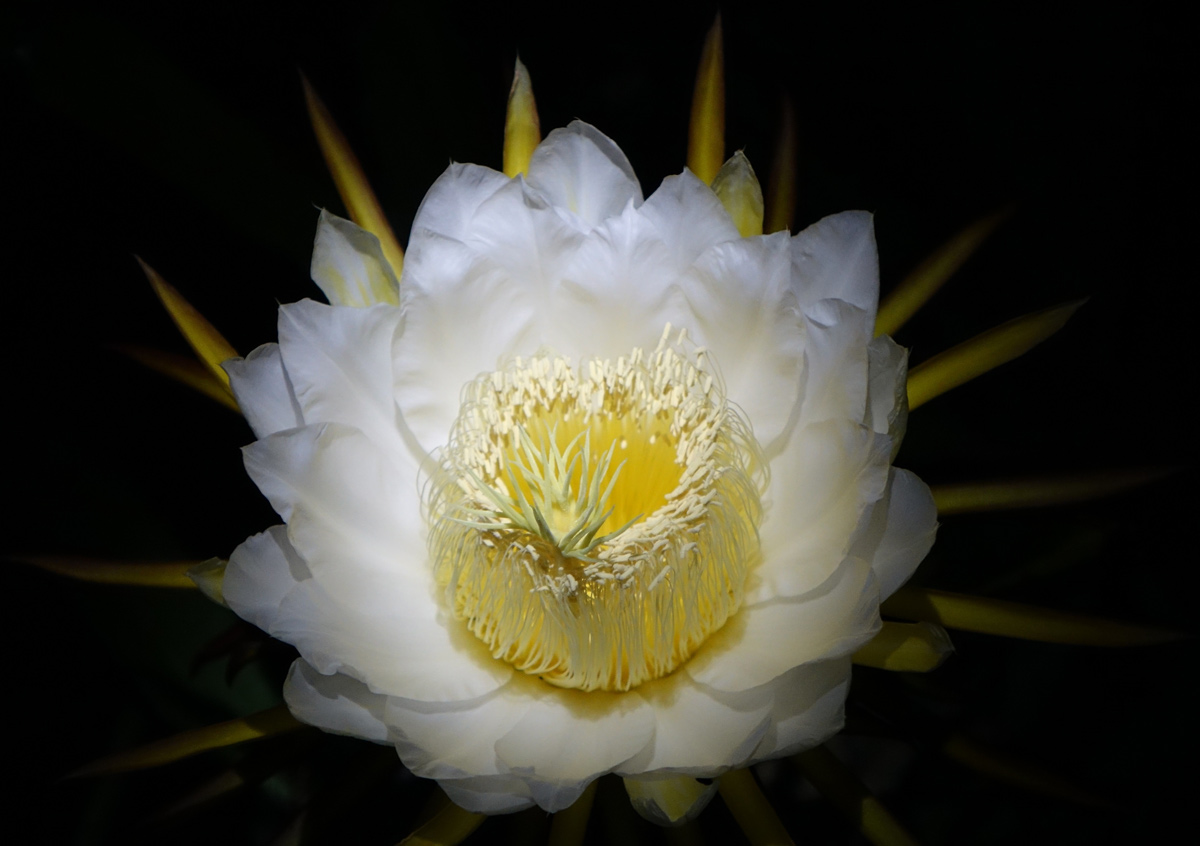

Christians, we’re called to “give thanks in all circumstances,” to be “overflowing with hope,” and to “let our cheerfulness be evident to all.” But when you’ve been through a year and a half of a devastating pandemic, ongoing racism, and political divisiveness on top of the daily trials and sorrows of life, it can feel nearly impossible to be grateful, hopeful, and cheerful. Instead, many of us are tired, stressed, confused, angry, and struggling with feelings of hopelessness and despair.
Is God asking us to do the impossible? How can we have a positive and hopeful response during times of adversity?
I believe the answer lies in the following truth: Your perspective determines your reality.
If we see adversity as something that is undesired, producing only heartache, suffering, and grief, then it makes sense that we would only feel emotions such as despair and hopelessness.
But what if there was another way to see adversity, another perspective that made it possible to also feel positive emotions, such as hope and gratitude? And to feel these positive emotions not because we are faking it until we make it, but because they are an authentic expression of how we feel, even in the midst of our pain and suffering.
Let me give an example. Two people are in a car accident and experience similar injuries. A few weeks later, one of them tells me how they keep thinking about how they could have died that day, how miserable it is to do daily physical therapy, and how scared they are to be in a car now.
The other individual tells me how much worse the accident could have been, how grateful they are that physical therapy is all they have to do, and how much they are looking forward to being back out on the road again. Same event, yet they have two different interpretations of that event. As a result, they experience different feelings and engage in different actions.
The story we tell our selves—our perspective—matters. Especially when we’re going through the dark times in life. A change in our perspective will change not only what we see, but also what we feel, how we behave, how we relate to others, what options we have available to us, and whether we feel hope or despair.
I’d like to share a hopeful perspective on times of adversity, loss, and life upheavals that changed my life, and that could change yours, too. I call it blooming in the dark.

The last phrase caused me to pause. There are flowers that bloom at night? I hadn’t heard of such a thing. My next thought was, wow, that means there are flowers that require the dark to bloom. After another long pause, it hit me: There are people who also require the dark to bloom, and I’m one of them. I’m a Night Bloomer!
I realized in that moment that all my best growing and transforming had happened during the dark and difficult periods in my life. I saw how God had used the trials and suffering in the past to cause me to become the woman I was today. Hope and comfort flooded my heart. I knew with absolute certainty that he was going to do it again. I was going to bloom in the dark.
Now, just because we’re Night Bloomers, it doesn’t mean we won’t hurt, and it certainly doesn’t mean that what got us into the dark—an illness, a divorce, a job loss, a pandemic—is good or right. Those things will never be good or right, and unfortunately these things will cause us pain. We also aren’t guaranteed a positive transformation just because we find ourselves in the dark. Not all of us emerge from difficult times in a better state than we were before.
The hopeful message of blooming in the dark is this: If harnessed skillfully, the dark times in life can be an opportunity for growth and transformation, a chance for us to become more than we were. Whether we will recognize this opportunity and what we will do with it is up to us.
During this time, the things he learned and the character traits he developed, such as humility, long suffering, trust, and discernment, equipped him for his leadership position. He would not have developed these traits had he remained the favored child in a home full of abundance. Joseph became “more” by spending some time in the dark.
David is another good example of a Night Bloomer. After being anointed to be the next king of Israel by the prophet Samuel, David spent years on the run from King Saul, who repeatedly tried to kill him. David’s reliance on God and His timing, trust in his provision and protection, and skill in battle were key attributes he would need to lead the nation of Israel. These attributes were developed not on the throne, but in the wilderness, running from cave to cave fighting for his life.
This difficult situation you are facing, what if it’s your chance to bloom in the dark? What if this challenge wasn’t going to destroy you, but was instead going to result in beauty not possible in the light? If you adopted the perspective of a Night Bloomer, what big or small thing would you do next?
Go do that thing. That’s your first step to blooming in the dark.